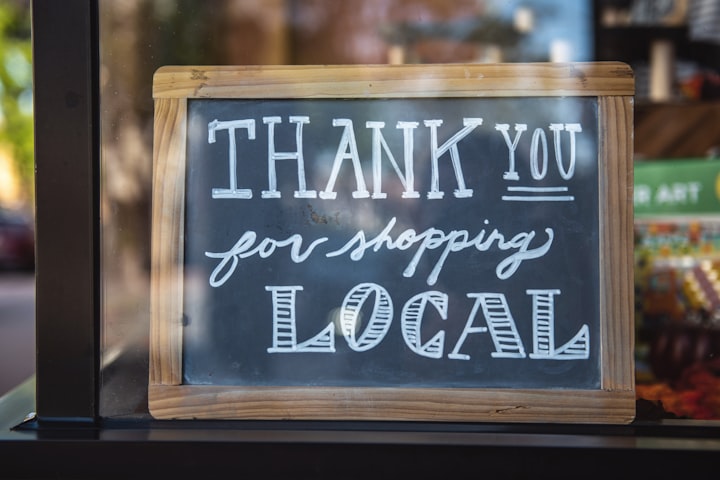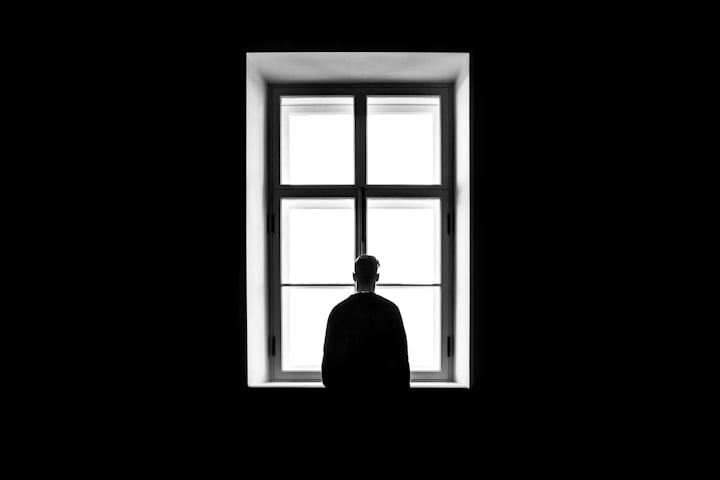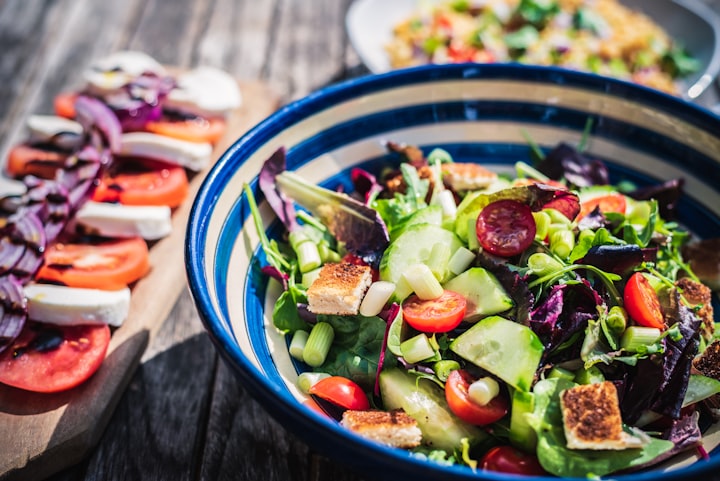What We Can All Learn From This Pandemic
Five Lessons from COVID-19

We live in troubling times. It seems impossible to plan for the future. Many are living in isolation. Others are working overtime. However long it takes, we will return to normal. That being said, it does not have to be our old normal. These are just a few of the lessons we can all take from this pandemic.
Respect the people who run the world

When I say "people who run the world" I do not mean the politicians or billionaires - I am talking about the doctors, nurses, emergency services, pharmacy workers, hospital janitors, grocery or fast food workers, truckers or delivery workers, and everyone else marked as "essential" during this time. These people are doing their jobs as everyone else is on lock down. Some of these individuals get paid minimum wage and face constant disrespect on a day-to-day basis. But without them, we would not be able to function as a society.
There have been many heart-wrenching stories during this pandemic. Many of these stories come from the people on the front lines. Parents are sleeping in their garage or car, afraid of bringing the virus home to their children. Store employees are working overtime - without overtime pay - to restock shelves. Nurses, doctors, scientists, and other healthcare workers are working nearly non-stop in order to curve the spread. These are the people that deserve respect and recognition.
The question is... After this is over, are we just going to forget about them?
We often thank our soldiers during times of war... our police officers during local conflicts... our doctors when we are sick... But we need to thank them everyday. Don't forget to fight for those who fought for you during the most scary of times.
Support small businesses

One of the big worries about government shut downs is the economy. All kinds of businesses are suffering, but small businesses take the worst of it. Whether due to government mandates or personal worries, many small businesses are being forced to closed their doors. For many of these businesses, it may be permanent.
It takes allot to run a business - allot of time, allot of energy, and (especially) allot of money. Even when their doors are closed, businesses need to pay their rent. With no income (and likely little savings for those just beginning) it is virtually impossible to maintain both a business and one's personal life. Many big retailers like Walmart or Target are still open during this time. While the pandemic as certainly impacted their business they are still making enough, and have enough savings, to function.
When everything is fair - when there are not mandated shut downs - it is still difficult to start and maintain a business. Small businesses simply do not get the recognition and support big businesses do. Instead of giving more money to these big corporations, we need to help our neighbors. Shopping at local businesses supports local economy.
Mental health matters

Anyone who knows me or as read my other works knows I am passionate about mental health awareness. This pandemic just goes to show how it impacts everyone. I do not know a single person who is not depressed from isolation or stressed and anxious from overworking.
Those who are now without work feel many pressures. There is a general concern about income and making payments. Some cities and landlords have done their best to address this issue, offering a month of rent-free accommodations or eviction protections. But many still have concerns about other living expenses. If you are one of these individuals, just know that there are organizations that can help. Call your local food bank or city government to learn more about the assistance that may be available to you.
Many people have made the transition to working from home. While they may not have the financial struggles those without work have, there are other issues with working from home. There is a sense of comfort and peace that comes with being "home". Home is where we can relax, spend time with family, and be ourselves. When you bring your work home, you are bringing part of that environment with you. For many, it is difficult to switch between work and home mode. Some people may realize that they are not doing as much quality work while others cannot stop feeling like they are working.
Isolation depression is very real and very common nowadays. Those who are without any human contact are at the greatest risk. Check up on your friends. We all need connections.
We have already discussed some of the anxieties felt in those working the front lines of the pandemic. That being said, I would again like to emphasis the extreme pressure many of these individuals are under. Some feel cheated that they are still out working while others are at home. Some are worried about their health and the health of their family. Some simply see too much suffering on a day-to-day basis. Most individuals working during this see their families too little and get barely any time off. Anyone would be stressed under such conditions.
The final point about mental health that I would like to make is that suicide rates have skyrocketed since the beginning of the pandemic. Some people have estimated that suicide rates are nearly 3x as much as the national average at this time of year. We often see suicide rates increase during national and natural disasters, but this is on a scale we have not seen before. I fear that this is only the beginning in regards to the mental health consequences we will see.
If you are having suicidal thoughts or tendencies call the suicide hotline at 1-800-273-8255 (US).
Be skeptical

When many people see the word "skeptical" they think "negative" or "judgmental" but that is not at all what it means. Being skeptical means questioning the reliability of everything you see. It means refusing to fall for false information and to insist on hard evidence.
When news of the pandemic first broke, people flooded into stores, panic buying toilet paper, cleaning supplies, face masks, gloves, water, and other "essentials". These kinds of actions were seen across the nation and even in other countries. What was the cause of this? The media. Some media sites insisted that if you did not stock up now, you wouldn't have the chance to later. This attitude left many individuals, especially the elderly, without items they needed. To make the issue even worse, some news sites started stating that there was a shortage of items and that stores would not be able to restock items. As a result, gloves, masks, and hand sanitizer were stolen from hospitals, leaving those who needed supplies most without them.
If people simply stopped to think, they would have realized that mass buying meant that it would take time to restock shelves. They also would have realized that they were not going to drink 50 gallons of milk in a week or that their neighbor next door needed some cleaning supplies too. Panic leads to irrationality.
Many people have said, "I do not know who to believe." It is not a surprising statement unfortunately. In the age of technology, there is so much information and much of it contradictory to something else. When in doubt, look to science and sources that provide statistics and evidence. For example, the CDC and WHO websites are the best sources for any information related to the pandemic. Peer reviewed studies are some of the best evidence, no matter the topic. And remember, a study has to be repeated to be verified!
Appreciate the little things

We all can learn to appreciate the little things in life a whole lot more. Remember tasting a warm, fresh meal for the first time after weeks of having a stuffy nose? Or hugging a family member you haven't seen in forever? Most of us only appreciate things after we have been without them. Now that we are unable to go outside, hang out with friends, or go out for a drink, that is all that we want to do. These are the little things we take for granted.
By recognizing all of these little abilities and gifts, we gain a much larger appreciation for life. We can live happier and be more thankful for what we have. It suddenly makes the world a brighter place.
About the Creator
Lorraine Woiak
I am a psychology and music major at the University of North Dakota. As a part of the Army ROTC program, I am working towards a career as a military psychologist.





Comments
There are no comments for this story
Be the first to respond and start the conversation.